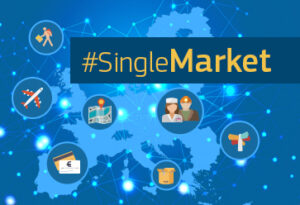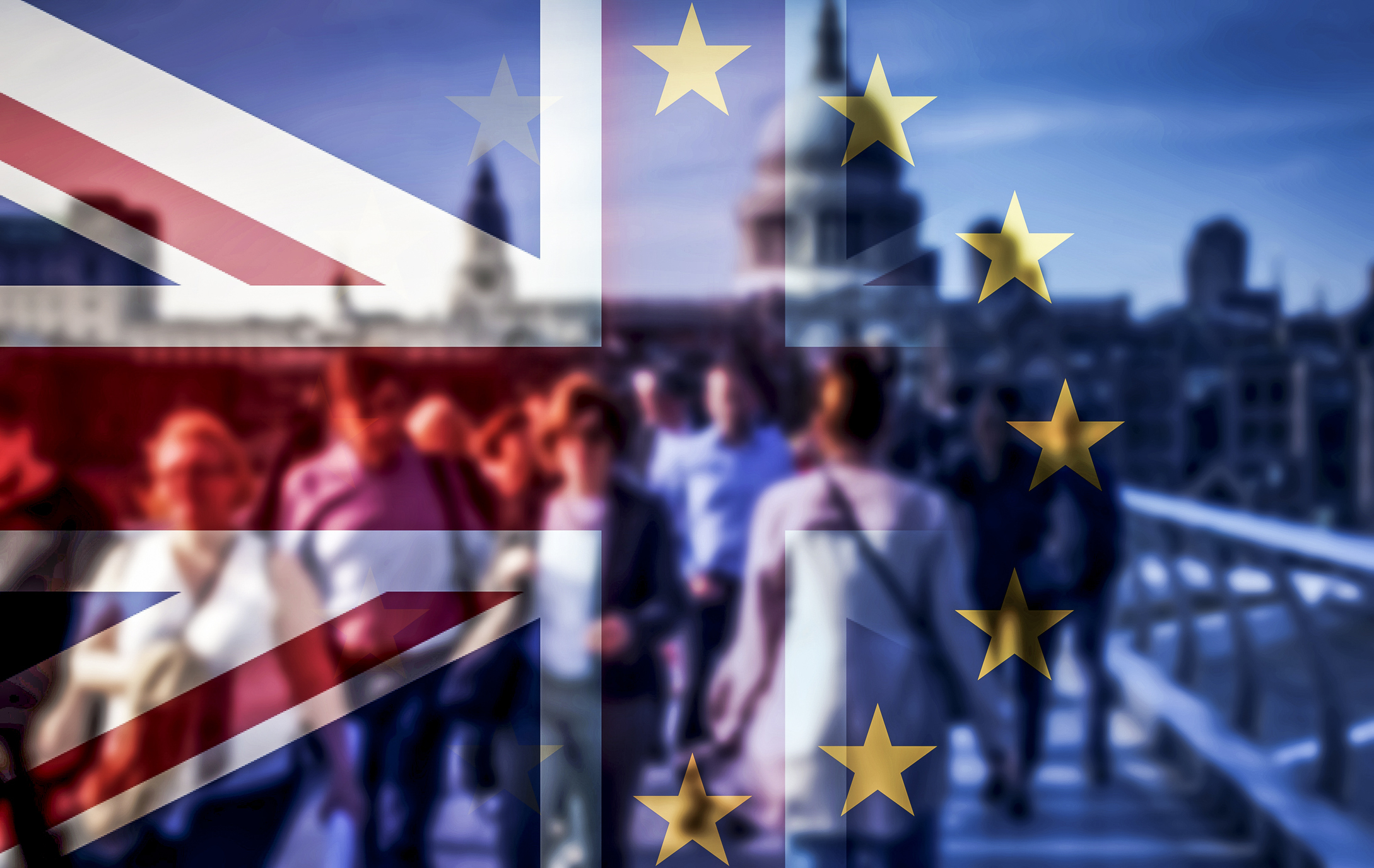Latest blog articles
-
Over the last years, the business of influencer marketing has practically exploded. Companies have begun to realise the multiplying factor of having influencers promote their brand through original and entertaining content. However, in combination with this marketing trend, several legal issues have...
-
Patent aggregation is one of the critical paths to raise revenue and earn a return on investment in the ICT sector. It comprises all activities whereby firms build sets of related patents, so-called patent portfolios, and subsequently use these beyond manufacturing. Different kinds of entities...
-
Constructing a functioning single market for business and trade among the Member States of the European Union (EU) has been the cornerstone of the EU project, and remains one of the strongest drivers for EU-level legislative reform. Over the years, the EU has prioritized the harmonization of...
-
The implementation of the Unitary Patent Package will represent the result of the evolution towards the unification of the European patent system.
-
Current US and EU secondary liability standards do not address all factors to trigger liability. This influences legislation and case law, setting an uncertain secondary liability outcome of IP infringement cases against Internet Intermediaries’. I suggest that tort law can tackle this problem.
-
After the initial relief that followed upon reaching a Trade and Cooperation Agreement between the European Union and the United Kingdom on Christmas Eve, we slowly see how this treaty is going to affect the tax domain. In this blog I will briefly focus on the area of fiscal state aid, i.e. the...
-
Schumacker is one of the most important cases in EU tax law. It opened the door to many more legal proceedings before the CJEU that tested the limits the Member States’ tax sovereignty against the force of EU law.
-
The ongoing COVID-19 pandemic is arguably one of the biggest crises of modern times. The conflict between the search for a vaccine, and the artificial scarcity created by patent law, has created a catch-22 situation. How will patent law apply to a vaccine under these circumstances?
-
Several pharmaceutical companies all around the world, including in the European Union (EU), have been racing to find a treatment for the virus. Since these may be subject to patent rights, government intervention may be needed.
-
There has been much brouhaha about equalization levies in the context of the digital economy. One of the hotly debated issues is whether such levies are covered by tax treaties at all. In this post, I should like to reflect over this issue as objectively as possible. I shall not, however, delve into...









